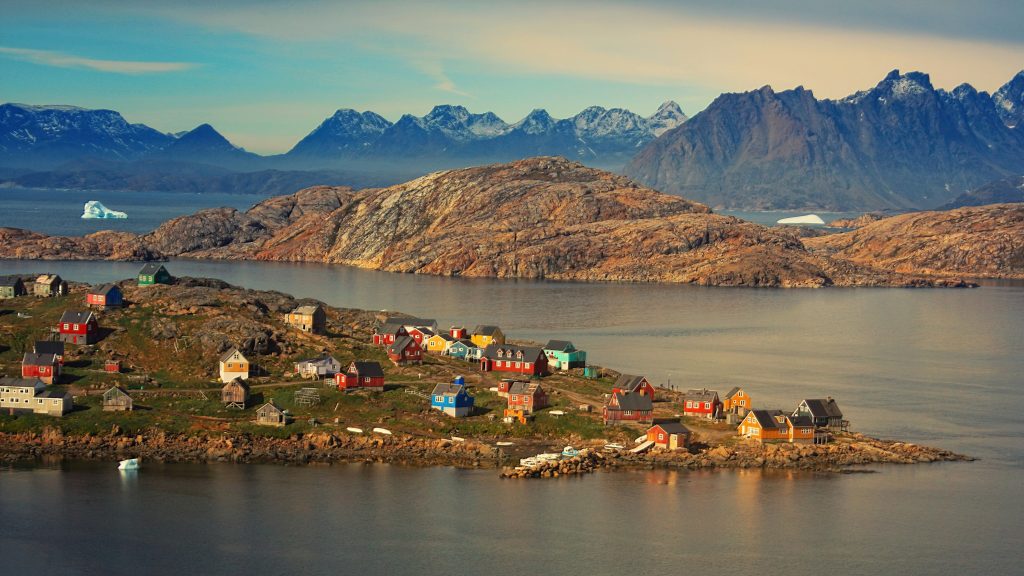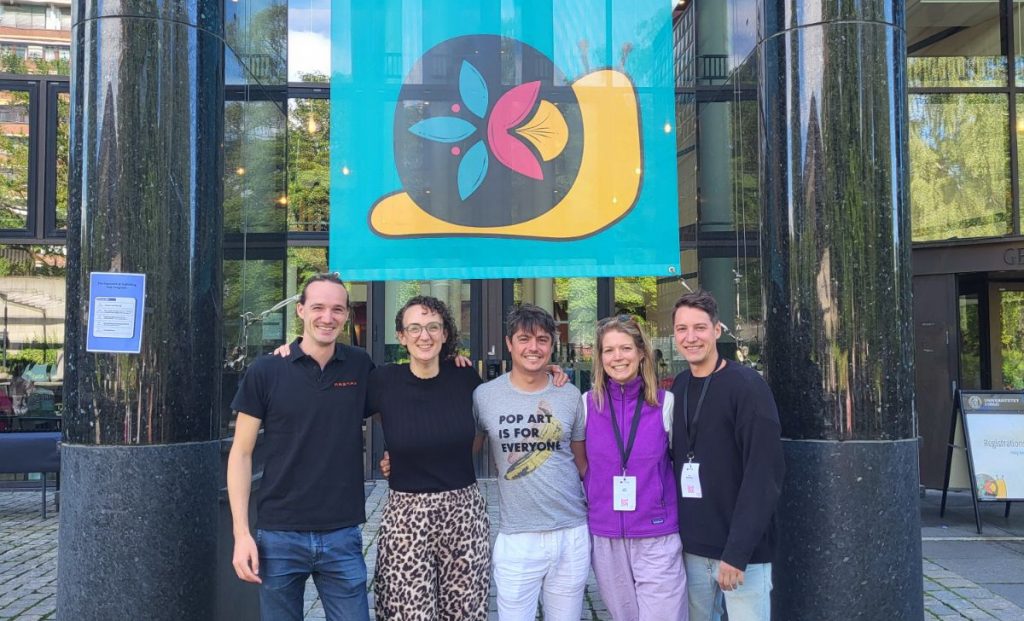Solidarity with grassroot defenders in one of Europe’s sacrifice zones
Lindsey Wuisan works on resource justice and new economies in the Friends of the Earth Europe office in Brussels. She joined grassroots defenders in Covas do Barroso, Portugal, resisting destructive lithium mining. Here is what she learned.
As a campaigner working on resource justice, it is essential to connect with grassroots movements resisting destructive mining projects. That is why I participated in a solidarity camp in Covas do Barroso (15th-19th of August), a village in the North of Portugal where open-pit mining for lithium is planned. The Barroso region is one of the many sacrifice zones in Europe. In Barroso, minerals would be extracted to fuel the “green energy transition”, at the expense of ecosystems and biodiversity, local communities and centuries-old cultural heritage. The past 7 years, the local population of Boticas (the municipality encompassing the villages of Covas do Barroso and Romainho) has been fighting against the project led by a British financial company, Savannah Resources Plc (hereinafter: Savannah).
What is a sacrifice zone?
Sacrifice zones are geographic areas, generally in the countryside or urban peripheries, that are exploited (e.g. through mining or other industrial activities) and exposed to high levels of pollution and socio-environmental hazards, in order to provide resources, products and services for the benefit of the capitalist centre (generally cities in the Global North).
The camp is an annual gathering of people who support the struggle of the local population. During four days, not only did I learn about the real-life challenges of environmental defenders, I also marvelled at the splendour of the mountains, drank clean water directly from the spring, and danced to the music of bagpipes. Barroso has a strong cultural identity which is why it is recognised as World Agricultural Heritage, as small-scale agriculture shaped the landscape.
All of this will be lost if Savannah is allowed to develop 4 open pit mines, waste dumps and industrial infrastructures. The mines — covering 38 hectares, some 100 metres deep — would be located at people’s doorsteps, causing severe nuisances due to daily explosions, not to mention the excessive water use that is expected to harm the Covas river and the entire Douro river basin. Mining activities in this vulnerable nature area would devastate soils and forests, putting peoples’ livelihoods and ways of living at risk. In June 2022, the Portuguese Environment Agency recognised the very significant and irreversible negative impacts of this mining project (yet approving the EIA anyway, in November 2023).
The company has tried many tactics to convince politicians and local inhabitants, promising employment and economic progress, offering large sums of money to buy private land. They claim that socio-environmental risk will be under control and any damage to the environment will be mitigated/compensated. But as Catarina Alves, a local spokesperson (Unidos em Defesa de Covas de Barroso), said:
“They are trying to make us believe in the emperor’s new clothes, but we are not fooled that easily and see through their lies”.
After years of misinformation and denying meaningful stakeholder participation, the local population does not trust the false promises of Savannah.
During the camp, local activists shared their stories and the various ways they have resisted the mining project: by launching petitions; attending countless meetings; reading thousands of pages of technical/administrative reports; taking legal action; and organising many demonstrations and events. Since October 2023, they have felt increasing pressure when a police patrol (GNR) has been deployed in Covas do Barroso on a daily basis. The company also contracted 24/7 private security and intimidated community leaders through legal actions.
In November 2023, the company tried to usurp communal lands (baldios) for more prospections. The “community of the commons” (Comunidade dos Baldios), private landowners and supportive activists managed to block their access. It was only through their perseverance and collective strength that the company has not been able to encroach on the land. People like Catarina (UDCB), Nelson (UDCB), Mariana, Nik (MiningWatch) and Joam (Montescola), and many others, are true environmental defenders for whom I have a lot of respect and admiration!
Covas do Barroso is not unique in the world. There are many lands across the globe being sacrificed to continue the unsustainable production and consumption in a broken system, characterised by unlimited exploitation of natural resources and driven by profits. The lithium will mostly end up in batteries for private electric vehicles, thus perpetuating the capitalist model based on extractivism. A model that does not guarantee wellbeing for all, but rather the material luxury of those with money.
The anti-mining movement is not a simple case of “not in my backyard”, it is part of the global struggle for a new society beyond growth, based on sufficiency rather than profits. Protecting Barroso also means protecting other threatened territories. That is why activists facing similar realities in Galicia (Suído-Seixo) and France (Allier) also participated in the camp. But the solidarity goes beyond Europe, from the people of the Salares in the Andean puna to people resisting nickel mining in Indonesia. Ultimately, to preserve nature areas and traditional ways of living, we need a socio-economic transformation and policy changes at EU level – one of the main objectives of FoEE.
The gathering in Covas do Barroso strengthened my conviction that the “green energy transition” cannot be sustainable or equitable without recognising the intrinsic value of ecosystems and respecting the right of local communities to say no to mining projects on their lands. That is why FoEE supports their cause and continues the fight for a climate-proof future where there is clean water in abundance, healthy food and resilient ecosystems that support strong communities.
Written by: Lindsey Wuisan, Resource Justice and New Economies Campaigner







